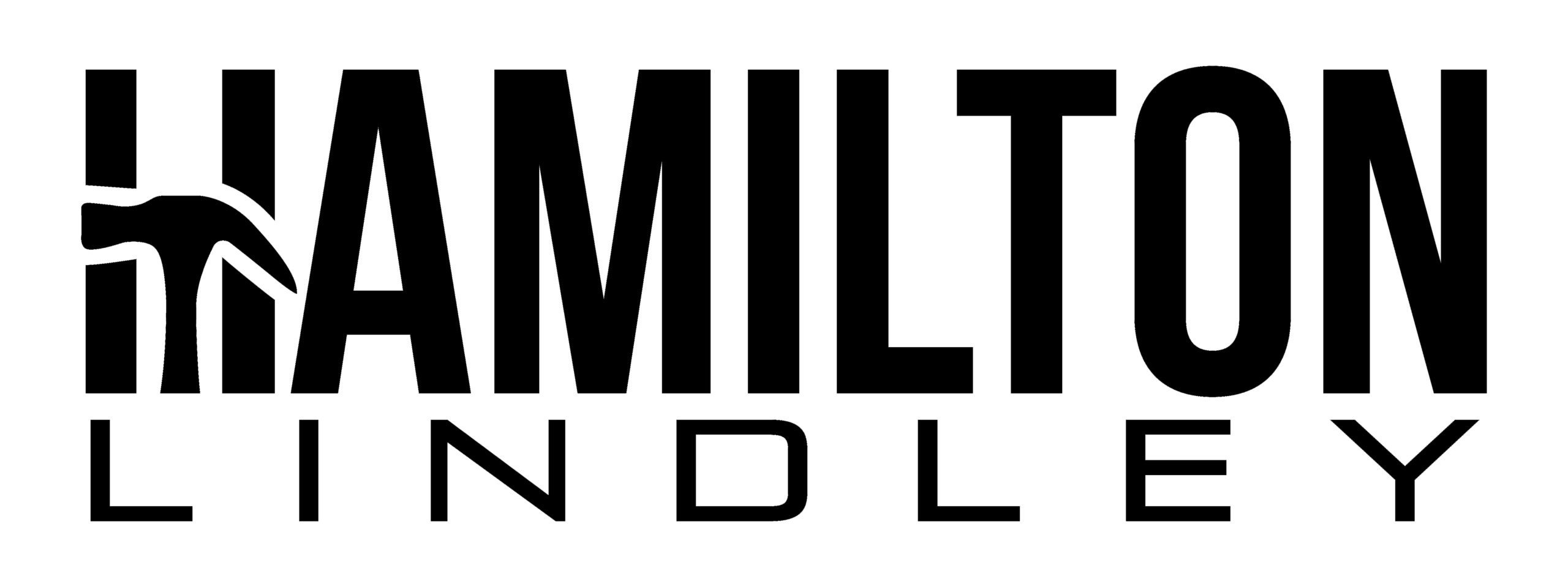We went to the Ritz-Carlton for lunch after a tough court hearing where we won for our client. We hoped for a nice steak lunch, but the boss didn’t like our table and wanted to change. “This isn’t the table my secretary reserves for me,” he said. The waiter tried to find another table, but there weren’t any.
We tried to move on, but the boss wasn’t happy with the view. “Why is there construction today?” he complained. The waiter explained, but the boss wasn’t convinced. “You need to up your game,” he said. The air felt tense. When the waiter walked away, someone made a joke about the waiter, and the boss joined in, making fun of him. We all laughed.
If you were there, would you tell the boss you don’t like how he’s acting? Would you set a better example? Or would you stay quiet?
Back then, I didn’t realize it, but that lunch showed how a team can start doing wrong things. First, there’s “omnipotence” when someone feels so important that they think they don’t have to follow the rules. Then there’s “cultural numbness” when everyone starts accepting bad behavior. Lastly, there’s “justified neglect” when people don’t speak up about bad things because they worry about short-term problems.
Big ethical problems often start small. Most of us are not perfect, but we try to be good leaders. Sometimes, we forget to follow our moral compass, and that can lead to problems.
So, how do you know if you or your team are heading towards an ethical problem? Here are three types of problems to watch out for:
1. Omnipotence:
- This happens when you feel too important and think you can do anything. It’s okay to feel good after a big win, but it’s a problem if nobody tells you when you’re wrong. Do people always agree with you, or do they speak up?
- To stop feeling too important, admit your mistakes. Remember, you’re not perfect. Encourage your team to speak up when they disagree.
2. Cultural numbness:
- Your moral compass can change based on your team or company’s culture. It’s hard to notice this change. You might not realize when you start accepting bad behavior.
- To avoid this, check if you’d feel comfortable telling someone outside your company about what’s happening. Ask a friend or family member for an outsider’s view. Compare your company’s culture with your own values.
3. Justified neglect:
- Our brains can make us okay with small bad things if we get a big reward and don’t think we’ll get caught.
- Would you report a problem even if it’s small? If you start saying, “We have to bend the rules a little,” it can become a habit. Create rules for yourself and your team. Reward good behavior and know your limits.
Power can make us do wrong things, so create rules for everyone to follow. Ethical conversations help leaders act right. Be honest with yourself, talk to your team, and don’t wait for problems to get big. Fix them early on.

